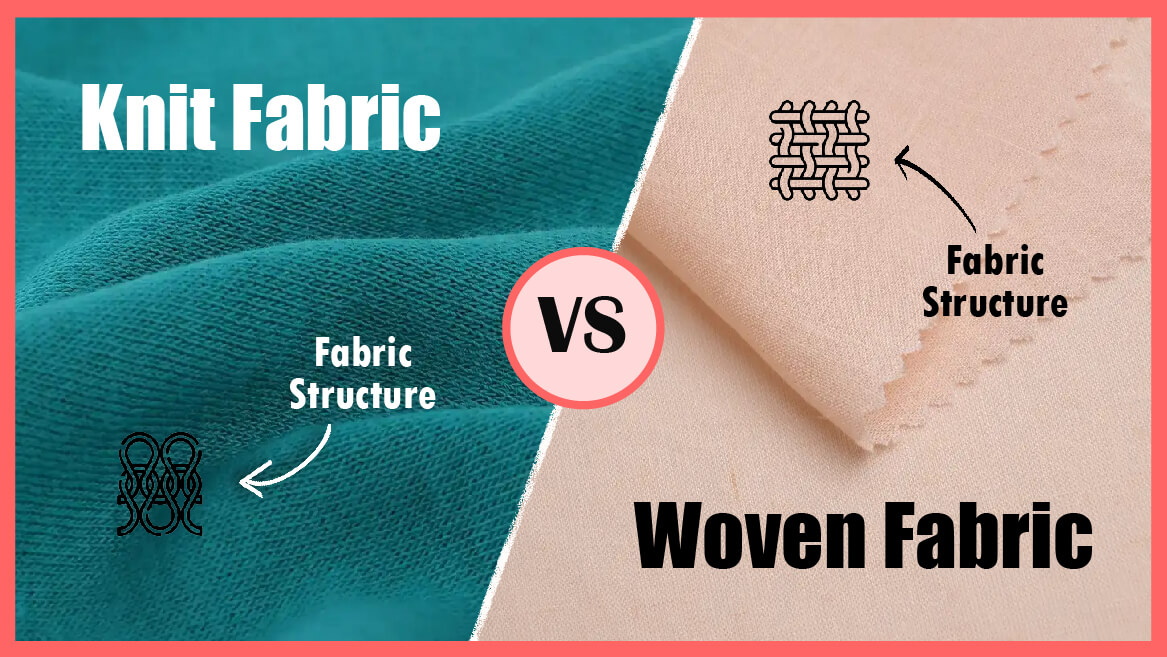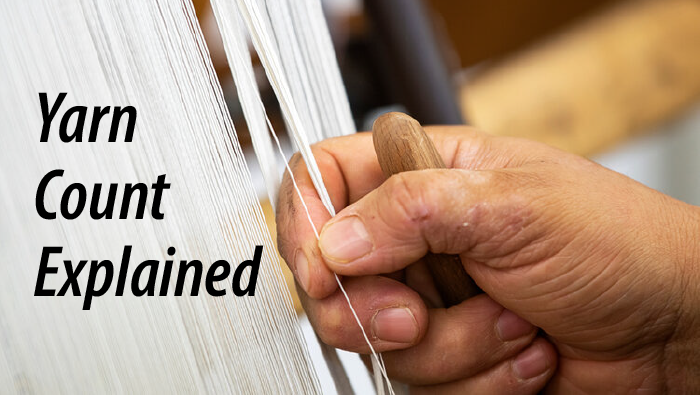
Behind the Rise of Digital Sourcing of Garments Raw Materials
May 12, 2025 | Resources
Around 50-55% of a garment industry's success depends on getting raw materials in-house on time. This is very important for starting production on schedule and ensuring timely delivery.
Now times have changed, and everything is becoming digital. We also need to upgrade ourselves.
Instead of manually booking all your materials from abroad, try using online platforms. A fast and efficient global supply chain is now available — one example is Threadify.

Using Threadify, you can quickly find and buy fabrics/Trims/Yarn and others garments material overseas and from local suppliers with comparative price.
This will helps you get what you need faster and avoid long shipping delays and will make you success for on time delivery.




 Empty Cart
Empty Cart












